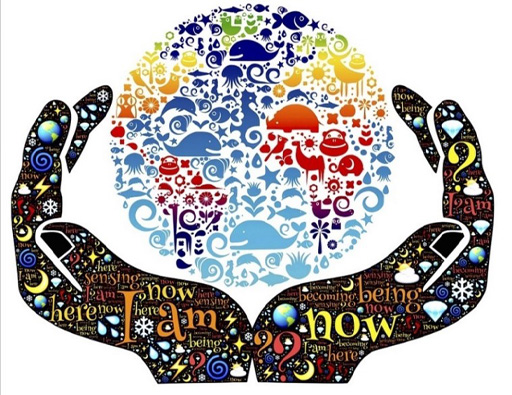3.3 Burnout
Burnout is typified as a state of exhaustion; both physical and emotional. Within the workplace, long-term stress and/or working in a physically, or emotionally, draining role for a prolonged period can cause burnout (Mental Health UK, 2020). Common signs of burnout include:
- feeling tired or drained most of the time
- feeling helpless, trapped and/or defeated
- feeling detached/alone in the world
- having a cynical/negative outlook
- self-doubt
- procrastinating and taking longer to get things done
- feeling overwhelmed.
In 2019, the World Health Organisation (WHO) re-classified burnout as ‘a syndrome conceptualised as a result of chronic workplace stress that has not been successfully managed’ (WHO, 2019). The WHO contextualise burnout as a distinct occupational phenomenon. Revised dimensions of burnout were identified, which include feelings of energy depletion or exhaustion. This was found to incur distancing from one’s job, and feelings of negativity. As a result, professional efficacy was reduced. Burnout isn’t something which goes away on its own. Burnout is often misunderstood and stigmatised and can impact severely on your physical and mental health. This can result in losing ability and energy to effectively meet the demands of your role as an educator, which can subsequently impact on other areas of your life (Mental Health UK, 2020). You might perceive that you need to support everyone else before thinking of yourself, but this is not something that usually works well. Looking after yourself should not be a luxury it should be part of what you do every day. It is very easy for educators to burn out.
Activity 6 Create your wellbeing plan
Download the Wellbeing plan template [Tip: hold Ctrl and click a link to open it in a new tab. (Hide tip)] (Mental Health UK, 2023b) or access a workplace wellbeing template if your organisation has one. Complete the three sections as a reflective and planning exercise. Retain the completed template with your reflective journal for future use; you can use this as an ongoing working document to support your personal mental health.
Comment
Writing plans down, rather than just thinking or discussing them, has been shown to make them more likely to be realised. This plan can enable you to pro-actively manage your mental health, and to also identify potential sources of support that can be utilised in periods of increased stress. The plan incorporates a holistic approach to your mental health, taking into account the impact on both your professional and home life.

